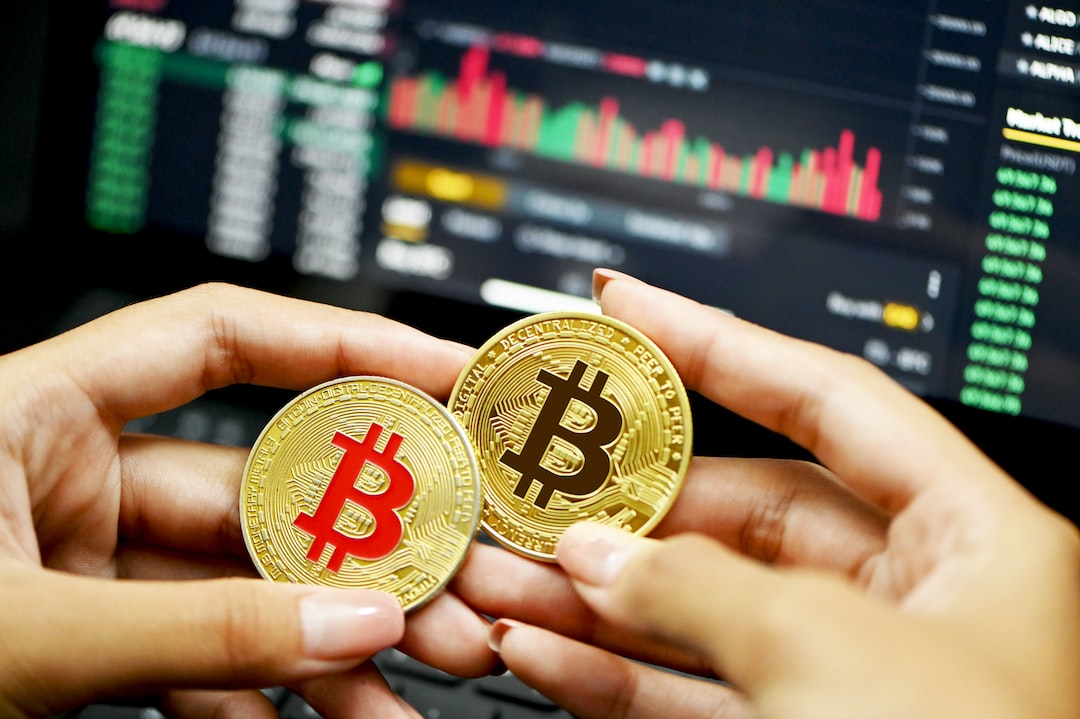Brazilian Lawmakers Seek to Include Cryptocurrencies as Protected Assets
Brazilian lawmakers are pushing for cryptocurrencies to be recognized as protected assets, similar to traditional forms of property, in order to settle debts with creditors. A bill currently being debated in the Brazilian parliament aims to reduce seizures of debtors’ assets and is now considering the inclusion of digital assets in the list of protected assets. The proposed amendment to the Code of Civil Procedure seeks to safeguard debtors’ financial savings, up to 40 minimum wages, from being seized by creditors.
On September 15, Deputy Felipe Francischini disclosed an agreement to include digital assets as part of the protected asset class, following a suggestion from Deputy Fernando Marangoni. This move reflects the changing investment behavior of people in Brazil, with traditional savings accounts losing ground to other forms of financial investment.
Brazil’s Positive Stance on Cryptocurrencies
Brazil has maintained a pro-crypto stance in recent years, resulting in increased adoption and the establishment of blockchain-based firms in the country. According to the Federal Revenue Service, Brazil has approximately 3.2 million crypto users and over 89,000 businesses utilizing crypto assets. The country is also known for hosting major virtual asset exchanges like Mercado Bitcoin.
Foreign jurisdictions such as Brazil have become attractive investment destinations for cryptocurrency companies like Coinbase, which recently listed Brazil among its preferred markets due to friendly and certain regulations. However, critics have raised concerns about the country’s decision to raise taxes on crypto held overseas, which could hinder its growth.
Hot Take: Brazil Prioritizes Crypto Adoption While Facing Tax Challenges
Brazil’s efforts to include cryptocurrencies as protected assets demonstrate its commitment to embracing digital currencies and facilitating their use within the legal framework. The recognition of digital assets as tradable property not only provides greater security for debtors but also supports the growing crypto industry in Brazil.
However, the decision to increase taxes on crypto held overseas has sparked criticism and raised concerns about potential negative impacts on the country’s growth. It remains to be seen how Brazil will navigate these tax challenges while maintaining its pro-crypto stance and attracting further investment in the cryptocurrency sector.





 By
By
 By
By
 By
By
 By
By
 By
By